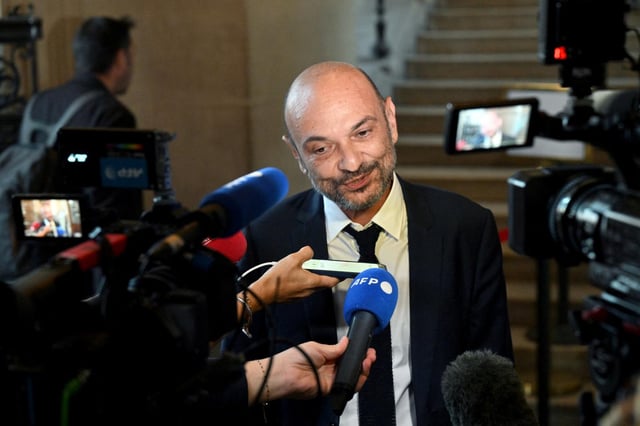Overview
- On May 26, Charlie Hebdo filed a counterfeiting complaint with a Paris court to defend its image and identify those behind the fake covers.
- The satirical weekly reports around 15 forged front pages produced over two years aim to portray it as anti-Zelensky and pro-Putin.
- Counterfeits replicate Charlie Hebdo’s distinctive cartoons and bear Russian-language captions alongside fabricated cartoonist signatures.
- Lawyer Richard Malka warned of an “almost industrial approach” behind the forgeries that could deceive readers unfamiliar with the magazine’s editorial stance.
- The lawsuit seeks to unmask authors and instigators of the propaganda as France intensifies its response to Russian disinformation since 2022.

